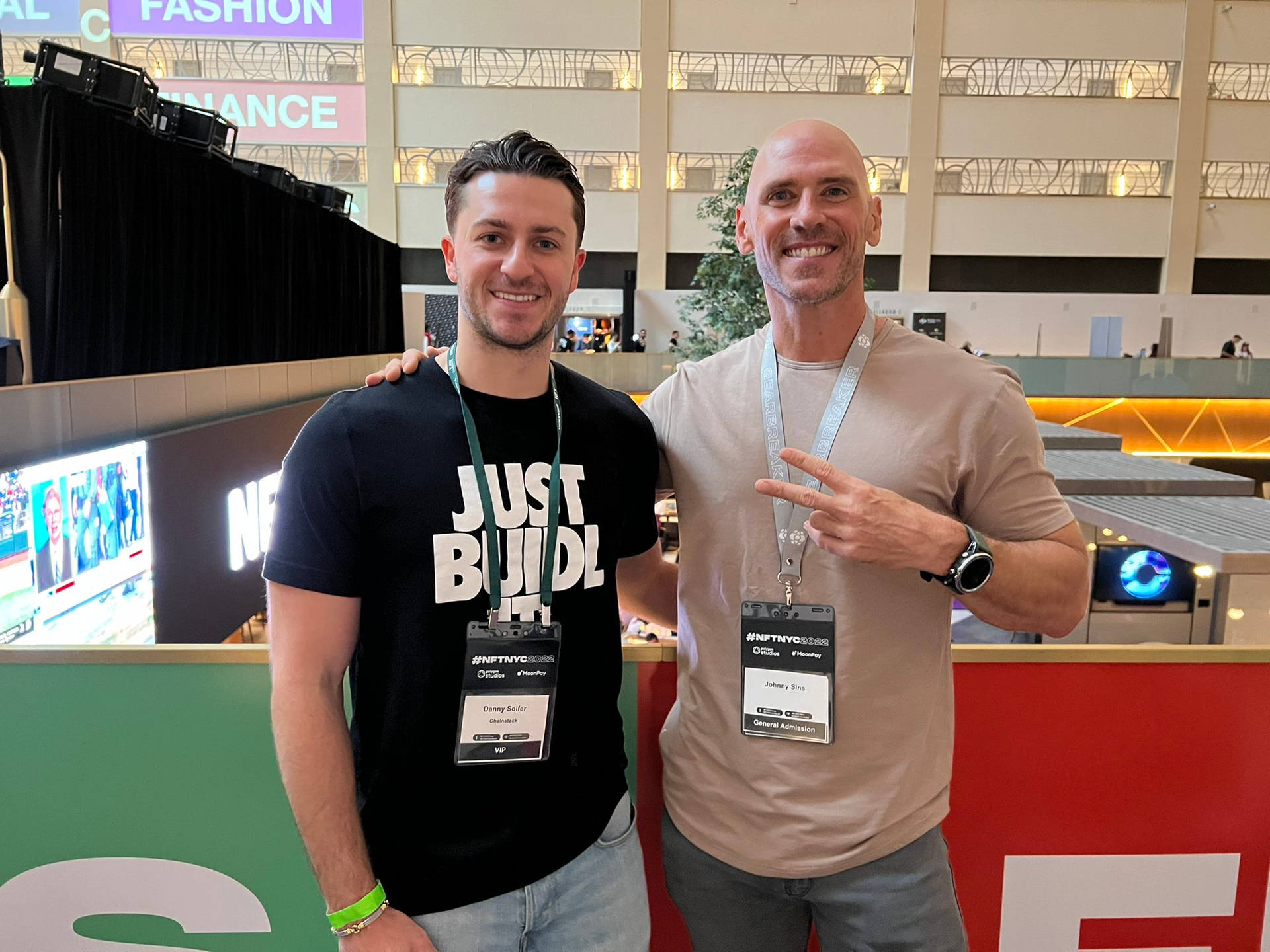📖 Article Content 📖
It's almost fascinating how certain phrases, just a little string of words, can capture so much attention across the vast expanse of the internet. Sometimes, these phrases emerge from a mix of different digital spaces, and they often spark a fair bit of curiosity for many people browsing online. You know, it's really something to think about how a simple combination of terms can become so widely recognized and searched for, drawing people in to explore what might be behind them.
In a way, our online experiences are shaped by these very specific search terms we encounter or choose to type in. We often find ourselves looking for a particular kind of content, or perhaps we just stumble upon something that piques our interest while exploring various corners of the web. It's a bit like following a trail of breadcrumbs, where each phrase leads to another piece of information, creating a unique path for each person. This dynamic interplay between what we seek and what we discover is, you know, a core part of how we interact with the digital world.
This discussion isn't about the explicit details of any particular content; rather, it’s about the broader context that surrounds such widely searched terms. We'll be looking at how these phrases exist within the larger digital landscape, and what their presence might tell us about online trends and public interest. So, in some respects, we're simply trying to understand the nature of digital visibility and how certain names or concepts gain traction in the collective online consciousness, without getting into the specifics of what that content might be.
- Dd Osama Braids
- Vexbolts Mass Unfollowing
- Cooking With Kian Santa Cruz Medicinals
- Makin Bacon Pancakes Bird
- Dexter Meme Doakes
Table of Contents
- The Public Figure Known as Johnny Sins
- Personal Details and Public Profile
- What Makes Certain Phrases Like "Johnny Sins Cop" Stand Out Online?
- The Digital Echo of "Johnny Sins Cop"
- How Do Search Terms Shape Our Online Experience?
- Beyond the Search - The Context of "Johnny Sins Cop"
- Is There More to Online Content Than Meets the Eye?
- Reflecting on "Johnny Sins Cop" and Online Narratives
The Public Figure Known as Johnny Sins
When we talk about individuals who have made a significant mark in specific corners of the internet, the name Johnny Sins often comes up. He's someone whose public image is very much tied to his work in adult entertainment. His presence online is, you know, quite extensive, and he has developed a recognizable persona through his various performances. He is often seen playing a wide array of characters, which seems to contribute to his broad appeal within his field. This kind of versatility, apparently, helps keep his public profile interesting and relevant to a considerable audience.
His career has spanned a fair number of years, allowing him to build a substantial body of work that is widely accessible on different platforms. This consistent output, you know, has helped cement his place as a prominent figure in the adult film industry. People often associate him with a certain kind of performance, and his name is pretty much synonymous with a specific genre of online content. It's almost as if he has become a household name for those who frequent these types of websites, which is quite a feat in itself.
So, when you consider his overall impact, it’s clear he holds a unique position in the digital entertainment landscape. He has, in some respects, transcended the typical boundaries of his profession to become a recognizable internet personality. This recognition, you know, isn't just limited to his specific work but extends to broader discussions about online content and the figures who create it. His public profile, therefore, is a mix of his professional output and the way the internet has amplified his presence, making him a subject of various online searches, including phrases like "johnny sins cop."
- The Dichotomy Of It All
- Rebecca Rogers Divorce
- 50 Cent Why He Say
- Aubreigh Wyatt Note
- Chewy Thompson Elvis
Personal Details and Public Profile
Understanding a public figure, especially one with a significant online presence, often involves looking at the details that shape their persona. For someone like Johnny Sins, his public profile is largely constructed from his professional activities and the characters he portrays. It's important to remember that this table represents his widely known online image, rather than a deep, personal biography. This information is, basically, what people typically encounter when they look him up online, especially in relation to the adult entertainment industry.
His appeal, arguably, comes from the various roles he takes on, which contribute to the diversity of content associated with his name. This range of characters, including the "cop" persona that generates specific search interest, means he appears in many different scenarios, appealing to a broader base of viewers. The information below offers a snapshot of how he is generally perceived and categorized within the digital space, focusing on aspects that are commonly found in his public representation.
| Aspect | Description of Public Persona |
| Name | Johnny Sins (Publicly recognized stage name) |
| Primary Field | Adult Entertainment Performer |
| Key Characteristic | Known for portraying a wide range of professional and everyday characters, often in uniform. |
| Online Visibility | Very high, with extensive content across various platforms. |
| Common Associations | Versatility in roles, frequent appearances in popular adult film genres. |
| Impact on Industry | Considered a prominent and influential figure within his specific niche of entertainment. |
What Makes Certain Phrases Like "Johnny Sins Cop" Stand Out Online?
It's interesting to consider why some phrases, like "johnny sins cop," gain such a distinct presence in online searches. You know, part of it often comes down to a combination of factors, including the public figure involved and the specific role or scenario being searched for. When a well-known individual is consistently associated with a particular kind of imagery or narrative, those specific combinations tend to stick in people's minds and become popular search queries. This isn't just about the person, but also about the context they are placed within, which, actually, can create a powerful draw for those exploring content.
The human mind, basically, tends to categorize and look for patterns. So, when a performer like Johnny Sins, who is known for playing various roles, appears in a specific uniform or profession, such as a police officer, it creates a very memorable image. This particular combination then becomes a shorthand for a certain type of content. It’s almost as if the phrase itself acts as a direct link to a specific kind of visual or narrative experience that people are seeking out. This is, in a way, how many niche interests develop their own unique language on the internet.
Furthermore, the sheer volume of content available online means that anything that helps users narrow down their search is incredibly useful. A phrase like "johnny sins cop" acts as a very specific filter, allowing individuals to quickly find what they are looking for without having to wade through a lot of unrelated material. This efficiency in finding desired content, you know, is a significant driver of why certain search terms become so frequently used and widely recognized. It’s a testament to how people navigate the vastness of the internet by using precise, descriptive language.
The Digital Echo of "Johnny Sins Cop"
The phrase "johnny sins cop" creates a very clear digital echo, reverberating across search engines and content platforms. This isn't just a random collection of words; it represents a specific intersection of a public figure and a particular theme that has, apparently, resonated with a significant audience. The sheer number of times this phrase appears in search results, as seen in the broader digital landscape, indicates a consistent and sustained interest from users looking for this type of content. It’s almost like a digital fingerprint, showing where a specific curiosity lies.
This echo is also amplified by the way content is shared and categorized online. When videos or images featuring Johnny Sins in a police role are tagged with these specific keywords, it creates a self-reinforcing cycle. People search for the term, find the content, and then the content itself becomes more visible for subsequent searches. This feedback loop, you know, contributes to the term's prominence and ensures its continued appearance in online discussions and search trends. It’s a pretty good example of how user behavior directly influences content visibility.
Moreover, the concept of a "johnny sins cop" might also tap into broader cultural interests or fantasies that extend beyond the explicit nature of the content itself. Uniforms, for example, often carry a certain allure or authority in popular culture, and when combined with a recognizable figure, it can create a compelling narrative for some viewers. So, in some respects, the phrase acts as a key that unlocks a specific kind of imaginative play for those who are interested, showing how deeply intertwined online content can be with various human curiosities and preferences.
How Do Search Terms Shape Our Online Experience?
It's worth considering just how much the specific words we type into a search bar influence what we see and how we experience the internet. Search terms are, basically, the gateways to information, entertainment, and connection. They act as a direct instruction to the algorithms that power our online world, telling them exactly what kind of content we are hoping to discover. This directness, you know, means that even a slightly different choice of words can lead to a completely different set of results, altering our entire digital journey.
Think about it: if you're looking for something very specific, like "johnny sins cop," you're not just looking for content featuring Johnny Sins, nor are you simply looking for content about police officers. You're looking for the precise combination of the two. This level of specificity is what allows us to filter the immense volume of online data down to something manageable and relevant to our immediate interest. It’s a bit like having a very precise map that only shows you the exact destination you want to reach, ignoring all other roads. This kind of focused searching is, arguably, a skill we've all developed over time.
Furthermore, the way search terms are structured and used can also reflect broader societal interests and cultural trends. When a term becomes popular, it often indicates a collective curiosity or a shared interest in a particular topic or type of content. This isn't just about individual preferences; it’s also about how communities form around shared interests, even those that might be considered niche. So, in a way, the collective search behavior of millions of people paints a picture of what's currently capturing the public's attention, offering a unique insight into the digital pulse of our world.
Beyond the Search - The Context of "Johnny Sins Cop"
When we look at a search term like "johnny sins cop," it’s important to understand that its meaning extends beyond the literal words themselves. There's a whole context that surrounds such a phrase, built from the digital environment it exists within and the expectations of those who use it. This context includes the platforms where such content is typically found, the communities that engage with it, and the broader online discussions that might touch upon it. It's not just a search; it’s a portal to a specific digital ecosystem that, you know, has its own rules and norms.
This context also involves the way content creators and distributors tag and categorize their material. They use specific keywords, including combinations like "johnny sins cop," to ensure their content reaches the intended audience. This process of labeling is crucial for discoverability in the vast ocean of online information. So, in some respects, the phrase acts as a key piece of metadata, helping to organize and make sense of a huge amount of digital material. It's a very practical aspect of how online content is managed and consumed.
Moreover, the context can also involve the evolution of online platforms and their features. For instance, the way videos are recommended, or how related content is suggested, can influence the prominence of certain search terms. If a platform frequently suggests content related to "johnny sins cop" after a user views something similar, it reinforces the term's visibility and encourages further exploration. This dynamic interplay between user behavior, content tagging, and platform algorithms creates a rich and constantly changing context for every search term, shaping what we see and how we interact with the digital world, basically, every single day.
Is There More to Online Content Than Meets the Eye?
It's a really good question to ask if there's more to online content than just what appears on our screens. Often, what we see is just the surface of a much deeper and more intricate system of creation, distribution, and consumption. Every piece of content, whether it's a blog post, a video, or an image, exists within a larger framework of digital infrastructure, algorithms, and human behavior. So, in a way, when we engage with content, we're also interacting with this hidden machinery that makes it all possible, which, you know, is pretty fascinating to consider.
Consider the journey of a search term like "johnny sins cop." It doesn't just pop up out of nowhere. It's the result of countless content uploads, user searches, and algorithmic analyses. There are people creating the content, platforms hosting it, and audiences seeking it out. Each of these elements contributes to the visibility and prevalence of the term. This intricate web of interactions means that even a simple search can reveal a lot about how the digital world operates and how different pieces connect. It’s almost like observing a complex ecosystem, where every part plays a role.
Furthermore, the way content is presented and consumed can also influence its perceived meaning and impact. A short video clip, for example, might be part of a larger series, or it might be viewed in isolation. The context provided by the platform, such as user comments or related suggestions, can also shape how a viewer interprets what they see. This layered nature of online content means that "what meets the eye" is often just one small part of a much bigger picture, and there are always deeper layers to explore if one chooses to, basically, dig a little further.
Reflecting on "Johnny Sins Cop" and Online Narratives
When we reflect on phrases like "johnny sins cop," we're essentially looking at how specific narratives take shape and gain traction in the online world. These narratives aren't always explicit stories; sometimes, they are simply a collection of associations and expectations tied to a particular search term. The very act of searching for such a phrase suggests an existing narrative in the mind of the user, a story they anticipate finding or a specific scenario they wish to explore. This anticipation, you know, is a powerful driver of online behavior.
These online narratives are also shaped by the collective imagination and the way popular culture influences what people seek out. Uniforms, for instance, often carry specific connotations in various forms of media, and when combined with a recognizable figure, they can create a compelling hook for certain audiences. So, in some respects, the prevalence of "johnny sins cop" as a search term speaks to a broader interest in specific archetypes and scenarios that resonate with people on a certain level. It's a bit like how certain tropes become very popular in movies or books, finding their way into our digital searches.
Ultimately, understanding these online narratives means recognizing that the internet is a place where countless stories, both explicit and implicit, are constantly being told and sought after. From the briefest search query to the most elaborate piece of content, each interaction contributes to the vast, ever-growing tapestry of digital storytelling. The phrase "johnny sins cop," therefore, is more than just a search term; it's a small window into the complex ways in which human curiosity, digital content, and online platforms intersect to create unique and sometimes unexpected narratives that, basically, keep us all clicking and exploring.
This article has explored the fascinating nature of how specific search terms, such as "johnny sins cop," gain prominence within the digital landscape. We've considered the public persona of figures like Johnny Sins and how their roles contribute to specific online narratives. We also looked at how search terms act as gateways to content, shaping our online experience, and how the context surrounding these terms is just as important as the words themselves. Finally, we reflected on the deeper layers of online content and the narratives that emerge from the interplay of human interest and digital platforms.



